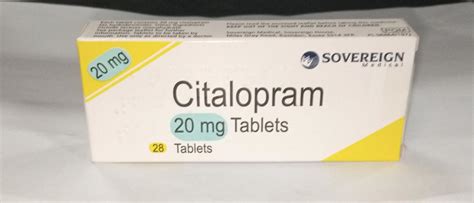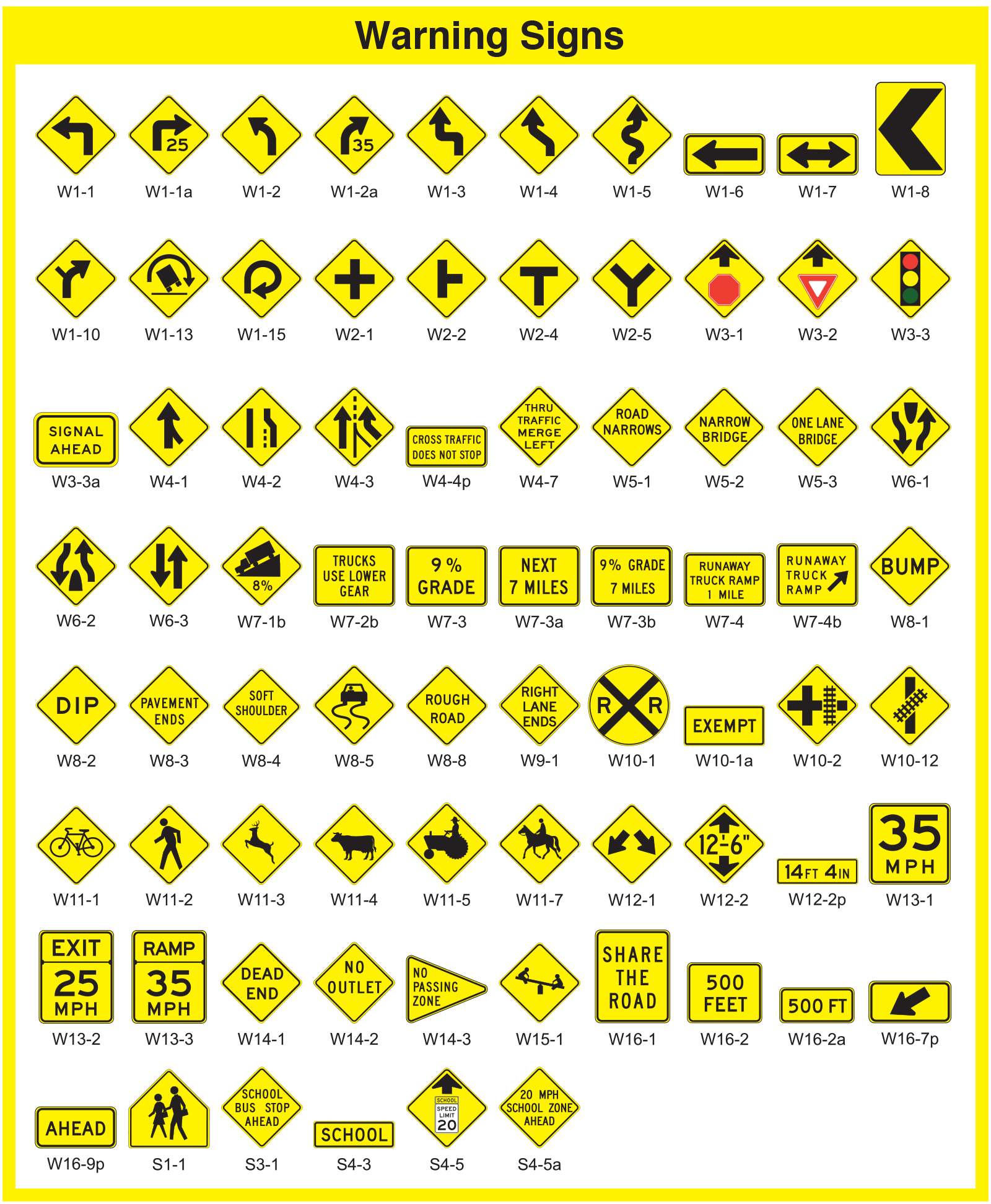Strep Throat Test Guide: Accurate Results
Strep throat, caused by the Group A Streptococcus bacterium, is a common infection that affects the throat and tonsils, leading to symptoms such as severe sore throat, fever, and swollen lymph nodes. Accurate diagnosis is crucial for effective treatment and prevention of complications. A strep throat test is the primary method for diagnosing this condition, and understanding the different types of tests and their procedures can help individuals make informed decisions about their healthcare.
Understanding Strep Throat
Before diving into the tests, it’s essential to understand what strep throat is and how it’s transmitted. Strep throat is highly contagious and can spread through direct contact with mucus or saliva from an infected person, often through coughing, sneezing, or sharing food and drinks. The infection typically starts with a sore throat and can progress to more severe symptoms if left untreated. Recognizing the signs of strep throat, such as a sudden onset of sore throat, fever over 101°F (38.3°C), white patches on the tonsils, and swollen or tender lymph nodes in the neck, is critical for seeking timely medical attention.
Types of Strep Throat Tests
There are primarily two types of strep throat tests: the Rapid Streptococcal Antigen Test and the throat culture.
1. Rapid Streptococcal Antigen Test
This test, also known as the rapid strep test (RST), is a quick and straightforward method to detect the presence of strep bacteria in the throat. It involves swabbing the throat and tonsils to collect a sample, which is then tested for the antigens of the Group A Streptococcus bacterium. The results are usually available within 10-15 minutes. While the RST is convenient and fast, it may not always detect the bacteria, especially in adults or in cases where the infection is less severe. Therefore, a negative result may sometimes require a follow-up test for confirmation.
2. Throat Culture
A throat culture is considered the gold standard for diagnosing strep throat. It involves collecting a throat swab sample and placing it in a special medium where bacteria can grow. The sample is then sent to a laboratory for analysis. It takes about 24-48 hours to get the results. Although it’s more time-consuming than the RST, a throat culture is more sensitive and can provide definitive proof of a strep infection. It’s particularly useful when the rapid test results are negative but strep throat is still suspected based on symptoms.
Strep Throat Test Procedure
The procedure for both types of strep throat tests involves a throat swab, which can be slightly uncomfortable but is generally quick and painless. Here’s what you can expect:
- Preparation: There’s no specific preparation needed for a strep throat test. However, it’s essential to inform your healthcare provider about any medications you’re currently taking, as some may interfere with the test results.
- Throat Swab: A healthcare professional will use a sterile swab to gently rub the back of your throat and tonsils. This may cause a temporary gagging sensation, but it’s over quickly.
- Sample Analysis: For the rapid test, the swab sample is analyzed on-site using a special kit. For a throat culture, the sample is sent to a laboratory.
Interpreting Test Results
Understanding the test results is crucial for determining the next steps in treatment.
- Positive Result: A positive result from either test confirms the presence of strep throat. Your healthcare provider will likely prescribe antibiotics to treat the infection. It’s essential to complete the full course of antibiotics as prescribed, even if symptoms improve before finishing the medication.
- Negative Result: A negative result from the rapid test may require a throat culture to confirm the absence of a strep infection, especially if symptoms persist. A negative throat culture result rules out strep throat, and your healthcare provider may investigate other causes for your symptoms.
Treatment and Prevention
Treatment for strep throat typically involves a course of antibiotics, which can help alleviate symptoms within a few days and reduce the risk of complications. It’s also important to practice good hygiene to prevent the spread of the infection, including:
- Rest and Hydration: Getting plenty of rest and staying hydrated can help your body recover from the infection.
- Pain Relief: Over-the-counter pain relievers can help manage throat pain and fever.
- Avoid Close Contact: Avoiding close contact with others until you’ve been on antibiotics for at least 24 hours can help prevent the spread of strep throat.
Frequently Asked Questions
How is strep throat diagnosed?
+Strep throat is diagnosed through a physical examination and one or more of the following tests: Rapid Streptococcal Antigen Test or a throat culture.
How long does it take to get the results of a strep throat test?
+The results of a Rapid Streptococcal Antigen Test are available within 10-15 minutes, while a throat culture takes about 24-48 hours.
What is the treatment for strep throat?
+Treatment for strep throat typically involves a course of antibiotics to alleviate symptoms and prevent complications. Rest, hydration, and pain management are also recommended.
How can I prevent getting strep throat?
+Prevention includes practicing good hygiene such as washing your hands regularly, avoiding close contact with someone who has strep throat, and not sharing food, drinks, or utensils.
Can strep throat be treated without antibiotics?
+While antibiotics are the standard treatment for strep throat to prevent complications, supportive care such as rest, hydration, and pain management can help alleviate symptoms. However, antibiotics are necessary to fully eradicate the bacterial infection.
What are the complications of untreated strep throat?
+Untreated strep throat can lead to complications such as kidney inflammation, rheumatic fever, and abscesses in the throat. Early diagnosis and treatment can prevent these complications.
In conclusion, accurate diagnosis through a strep throat test is the first step towards effective treatment and prevention of potential complications. Understanding the different types of tests available and their procedures can empower individuals to take an active role in their healthcare, ensuring they receive the appropriate treatment for strep throat and can recover efficiently.


